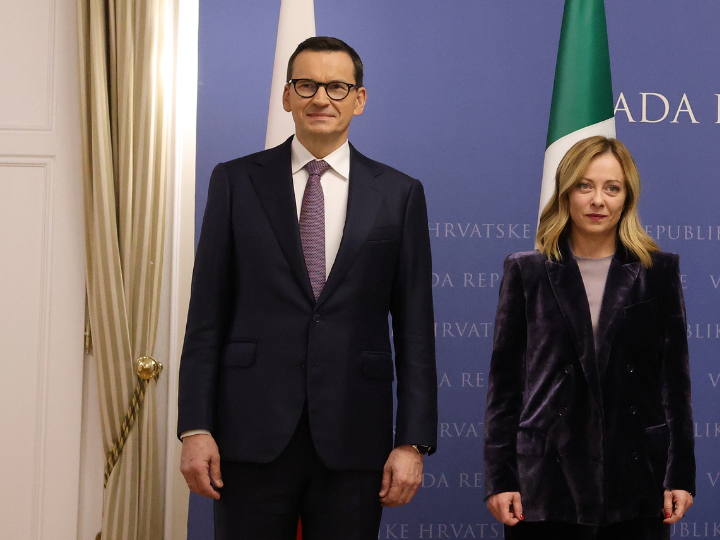by
John McKenna*
The OECD attempts to answer this question by looking at a range of indicators across 41 countries in its latest study on quality of life.
Countries are rated on 50 indicators grouped into the two categories of material conditions and quality of life. Ratings on material conditions covered the indicators of income and wealth, jobs and earnings, and housing. Ratings on quality of life were based on indicators including work-life balance, health, education, personal safety and environmental quality.
While the US leads the world in material conditions, it fares poorly on quality-of-life indicators, particularly work-life balance and homicide rates.
In fact, as the graph below shows, there are only a handful of countries that the OECD rates highly for both material conditions and quality of life.

Alongside the US, other strong performers for material conditions include Canada, Luxembourg and Australia.
But they cannot match the quality of life rankings of countries like Finland and Iceland, despite these countries receiving lower material condition ratings.
The only countries to achieve strong rankings in both areas are Switzerland, Sweden and, above all, Norway.

Norway is a star performer across almost every one of the OECD’s indicators, both for material conditions and quality of life.
It rates particularly highly for job indicators, with one of the lowest long-term unemployment levels in the OECD. Average earnings and the employment rate are in the top third of OECD nations.
Norway also ranks highly for work-life balance, with only 3% of employees reporting regularly working long hours, well below the OECD average of 13%.
And in an echo of the United Nations report earlier this year that found Norway to be the happiest nation in the world, the OECD also rates Norway highly for life satisfaction.
The only area of real weakness for Norway is household net wealth, which is below the OECD average.

Norway’s successful scores may have something to do with how fair a society it is.
Previous research has shown that inequality has a damaging effect on the levels of wellbeing within a country.
The OECD researchers attempted to explore the relationship between a country’s wellbeing and inequality levels by comparing their average performance across a selection of nine indicators with the gaps between the people at the top and bottom of these indicators.
Indicators covered included income and wealth, health status and education and skills.
Only Sweden was rated as a fairer society than Norway by the OECD, with Finland matching Norway in the equality stakes.
All three Nordic nations were strong performers when it came to quality of life indicators, suggesting there is a link between inequality in a society and overall levels of wellbeing.
This is further backed up by countries that achieved low ratings for quality of life indicators, such as the US and Israel, which had the highest levels of inequality in the OECD.

Despite being the world’s richest nation, the US is also the OECD’s most unequal society and a poor performer on several quality of life indicators.
Unfortunately, even its main area of strength – material wealth – is struggling, according to the OECD.
While real earnings in the US have consistently increased since 2005, job insecurity has risen sharply, and so has household debt.
In fact, the OECD says that very few countries have improved on a majority of material condition indicators over the past decade.
Leading the way is Europe’s largest economy, Germany, followed by a handful of eastern European nations.
This echoes a report by the European Commission that half of Europe’s 10 fastest-growing economies were in the east of the continent.

The fast-growing economies of eastern Europe are building a reputation as hot-spots for tech start-ups.
They are also the OECD’s star performers when it comes to improvements in quality of life since 2005.
Way out in front is Slovakia, which has managed to improve on 90% of its quality of life indicators. Real earnings, housing affordability and life expectancy have all increased since 2005.
Similarly Estonia, which has been branded Europe’s most entrepreneurial country, improved on 90% of its quality of life indicators.
This chart showing improvement in quality of life indicators is one of the few where Norway finds itself towards the bottom of the pile.
However, there has been no worsening of indicators, just limited improvements – suggesting Norwegians have now had a great quality of life for more than a decade.
*Formative Content
*First published in Weforum.org




 By: N. Peter Kramer
By: N. Peter Kramer

